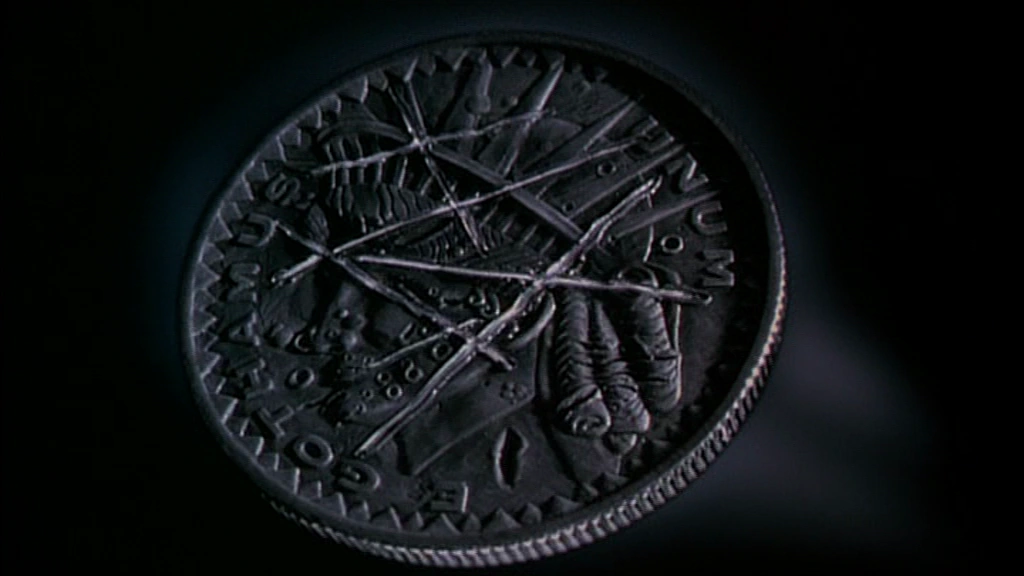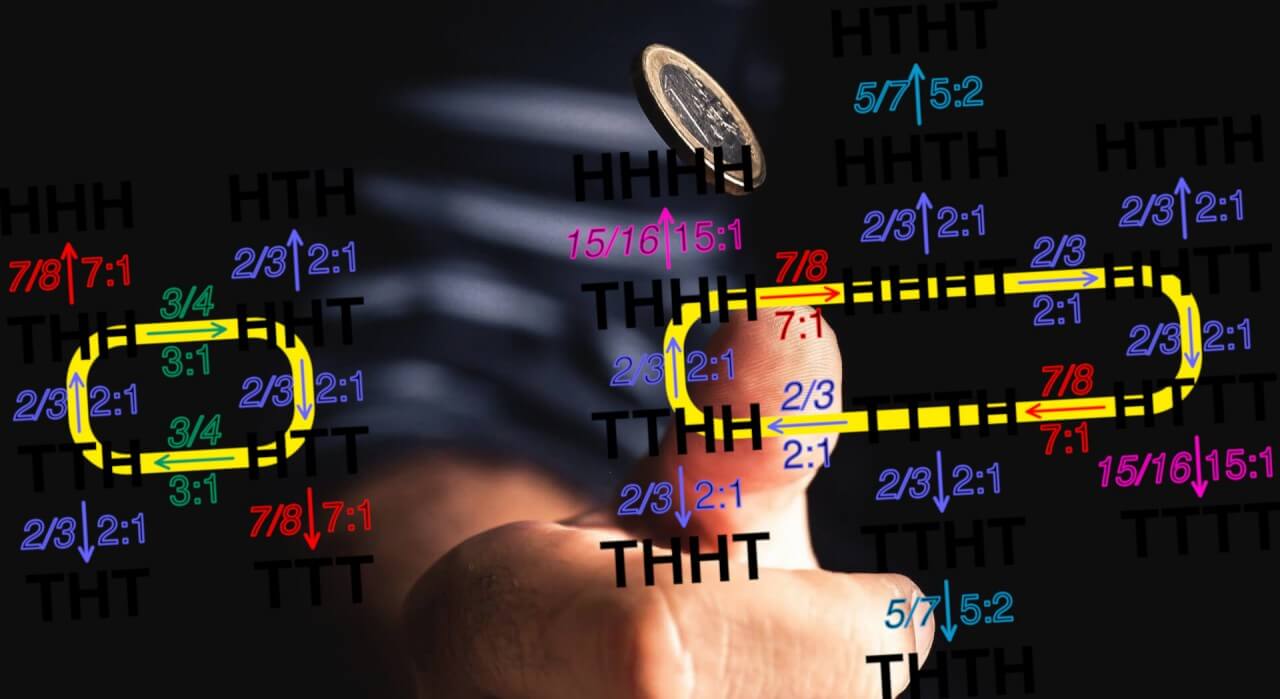The courtroom is a place of logic, evidence, and reasoned argument. The idea of a judge resorting to a coin flip seems like something out of a comedy sketch. However, while exceedingly rare, the practice is not entirely unheard of. The legal concept of "sortition¹," or decision by lot, has ancient roots and occasionally finds its way into modern jurisprudence when all other methods of resolution have failed, and two opposing sides have an equally valid claim.
This is not used to determine guilt or innocence. Instead, a coin toss might be employed to settle minor, procedural deadlocks where the law provides no clear guidance. For example, imagine two equally qualified creditors with identical claims on a debtor's last remaining asset. If the asset cannot be divided and both have a perfect legal right to it, a judge might be faced with an impossible choice. In some documented cases, judges have, with the consent of both parties, used a coin flip as the only truly impartial way to break such a tie.
In a 2006 case in Florida², two lawyers arguing over a minor discovery dispute were ordered by the judge to settle it with a game of "rock-paper-scissors" on the courthouse steps. While not a coin flip, the principle is the same. It serves as a stark reminder that even within the most structured systems of human logic, there are moments of perfect equilibrium where the only fair arbiter left is pure, unbiased chance.


